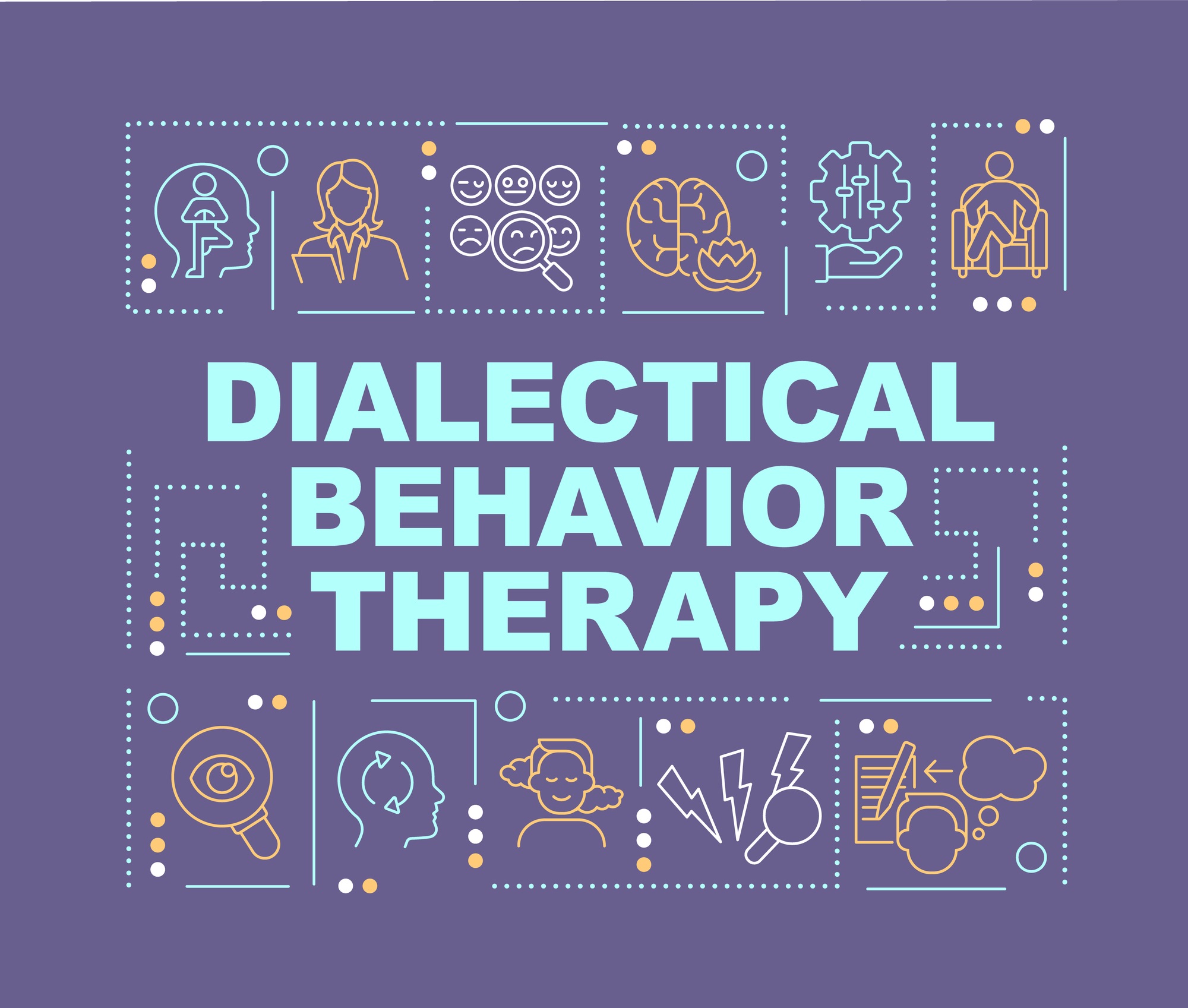
Research reveals that Socio-emotional learning programs in school are fundamentally created to promote self-awareness and foster empathy among students, thus helping them better understand their emotions and those of other students.
The ultimate objective of such initiatives is to provide children & more importantly, Autistic children with constructive coping mechanisms that assist them in managing their feelings effectively and developing healthy relationships with their peers.
Emotional management in student
Dozors et al also detail in their study that any student, including neurotypical, who lack the ability to strategize their emotional management may be more vulnerable to various psychological issues such as anxiety, depression, self-harm, and substance abuse. Therefore, implementing SEL programs in schools helps prevent these mental health issues from arising in students.
These programs use evidence-based techniques, such as mindfulness and cognitive-behavioral therapy, fostering emotional regulation. The focus is not only on treating mental illness symptoms but also addressing the underlying thought patterns that result in problematic emotions.
Dialectical behavior therapy
But there’s one other treatment, known as DBT – dialectical behavior therapy, that takes a more targeted approach towards individuals dealing with severe emotional dysregulation and tendencies towards self-harm or suicidal thoughts.
Developed as an offshoot of CBT, DBT specifically targets these symptoms through the teaching of skills like mindfulness, cognitive reappraisal, and distraction techniques.
In simple terms, it’s a treatment that promotes validation of one’s emotions while also encouraging change in thought processes and behavior patterns. This unique combination of acceptance and change allows for indviduals on spectrum to not only manage their emotions but also make positive changes in their lives through both individual and group therapy sessions.
Efficacy of DBT in a school setting
The efficacy of DBT in clinical settings has been well-documented, but can it also be utilized successfully in school settings like CBT? There’s a study on this very topic, where researchers divided 1,071 adolescents into two groups: one receiving the format of an eight-week DBT program and the other following a curriculum-as-usual.
Interestingly, findings showed that the teens in the control group had improved emotional regulation (ability to manage and express emotions) compared to those in the DBT group.
It was also found that the DBT teens had worsened parent-child relationships and overall life quality, with higher levels of depression and anxiety. But why would this be the case?
effective for teens
The study authors found home practice was not a commonly implemented part of the DBT group’s program. However, those families who did engage in this aspect saw positive results. It is possible that these families recognized the importance of the home practice component and therefore actively participated in it.
In conclusion, the authors suggest that DBT may not be as effective for teens who are already on a successful trajectory toward emotional understanding and social relationships. Instead, DBT may be most effective in clinical settings where Autistic children are seeking emotional or mental support rather than within a school setting.
Illinois Autism
Parents with teenagers facing emotional and behavioral challenges have various effective treatment options to consider. One such option is ABA therapy, which follows a structured approach to improving social skills, communication, & and behavior management.
At Illinois Autism Center, we provide personalized and evidence-based treatment for our clients.




